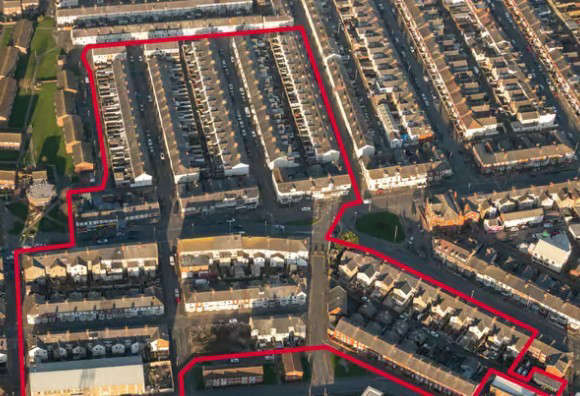
Blackpool Council now has the green light to use compulsory purchase powers for its plans to tackle poor housing after a key decision was taken by the authority’s executive committee.
It’s all part of the council’s plan to transform streets in an area of central Blackpool as part of a huge £90m housing regeneration project.
However, the authority has stipulated that these compulsory purchase powers would only be used as a ‘last resort’ to secure land for redevelopment if reasonable efforts to buy land and property by agreement are unsuccessful.
Members of the executive committee also agreed last week that Compulsory Purchase Order Guidance would be followed during negotiations.
Some £90m of investment was secured in March 2024 from Homes England through the Brownfield Infrastructure Land Fund, after years of discussion around Blackpool’s unique housing challenges. That money will finance land acquisition, demolition of housing, and the redevelopment of modern, energy-efficient homes.
Which area will be transformed?
Earlier this year a council committee approved that parts of Ashton Road, Central Drive, Chadwick Street, Erdington Road, Grasmere Road, Harrison Street, Kent Road, Montrose Avenue, Princess Street, Rigby Road, Rydal Avenue and Salthouse Avenue will be the first area for redevelopment.
Coun Lynn Williams, leader of Blackpool Council, said about compulsory purchase powers: “I understand that this is a very unsettling and difficult time for some people and we will do all we can to support residents directly affected. There will be regular face to face opportunities for people to come and talk to us should they want to, we also have a dedicated email, telephone number, webpage and newsletter.
“The regeneration of this area is critical, it will not only provide better homes and more green spaces, but it will also tackle social challenges like unemployment, health inequality and housing instability.
“I have said all along that we need our community’s help and input with this huge regeneration project. I want to thank everyone who has been involved to date and would like to encourage everyone to give their views.”
Coun Williams said the redevelopment is expected to bring wide-ranging benefits, including:
Economic: New jobs, apprenticeships, and increased local employment
Social: Better-quality, affordable housing; reduced crime and homelessness;
Environmental: Greener homes, sustainable transport options, and new open spaces.
The executive also agreed to authorise the Director of Communications and Regeneration to continue negotiations to acquire the land and interests required within Phase 1 Area by private treaty and to approve and enter into agreements with the owners and/or occupiers of the land so as to facilitate its acquisition

 New operator set to be appointed for Wyre leisure centres
New operator set to be appointed for Wyre leisure centres
 New era for Blackpool cinema as The Arc launches with affordable tickets
New era for Blackpool cinema as The Arc launches with affordable tickets
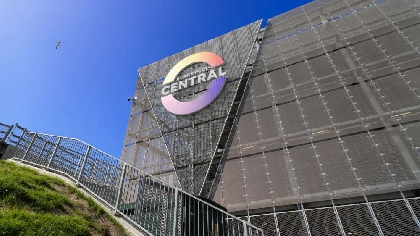 Park for £2 this festive season in Blackpool
Park for £2 this festive season in Blackpool
 First new bins arrive as part of waste collection changes
First new bins arrive as part of waste collection changes
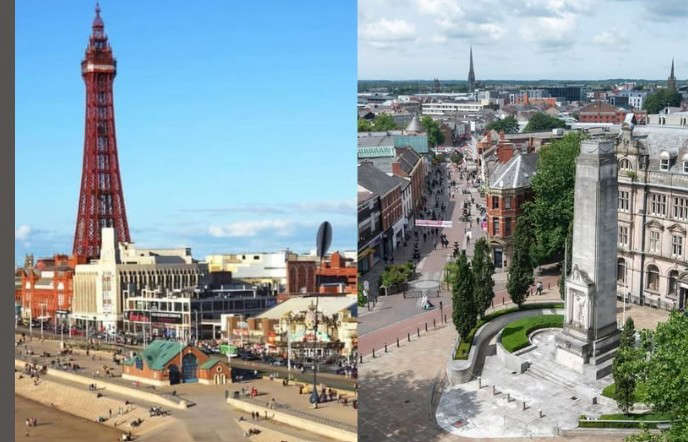 Blackpool ratifies proposed local government merger with Preston
Blackpool ratifies proposed local government merger with Preston
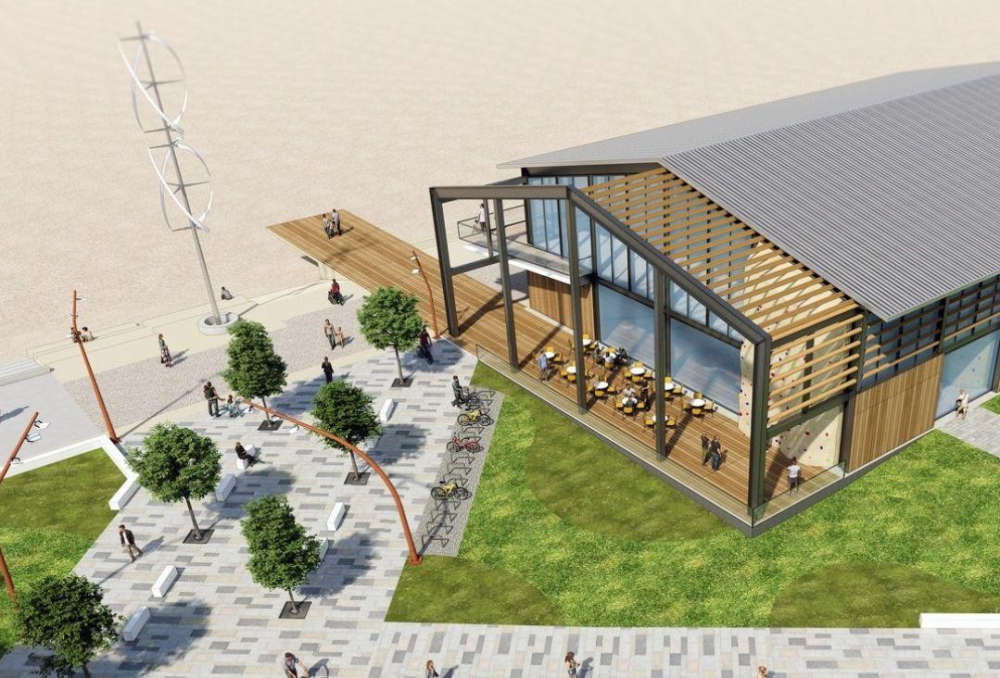 Have your say on the future of Fleetwood Waterfront
Have your say on the future of Fleetwood Waterfront
 Man who killed gull in Blackpool by stamping on bird three times is jailed
Man who killed gull in Blackpool by stamping on bird three times is jailed
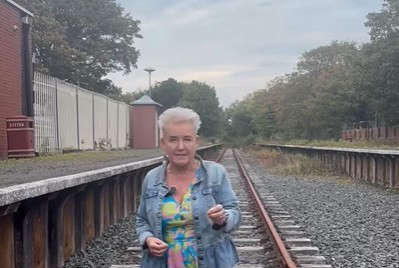 We need our railway link back, says Fleetwood MP
We need our railway link back, says Fleetwood MP








